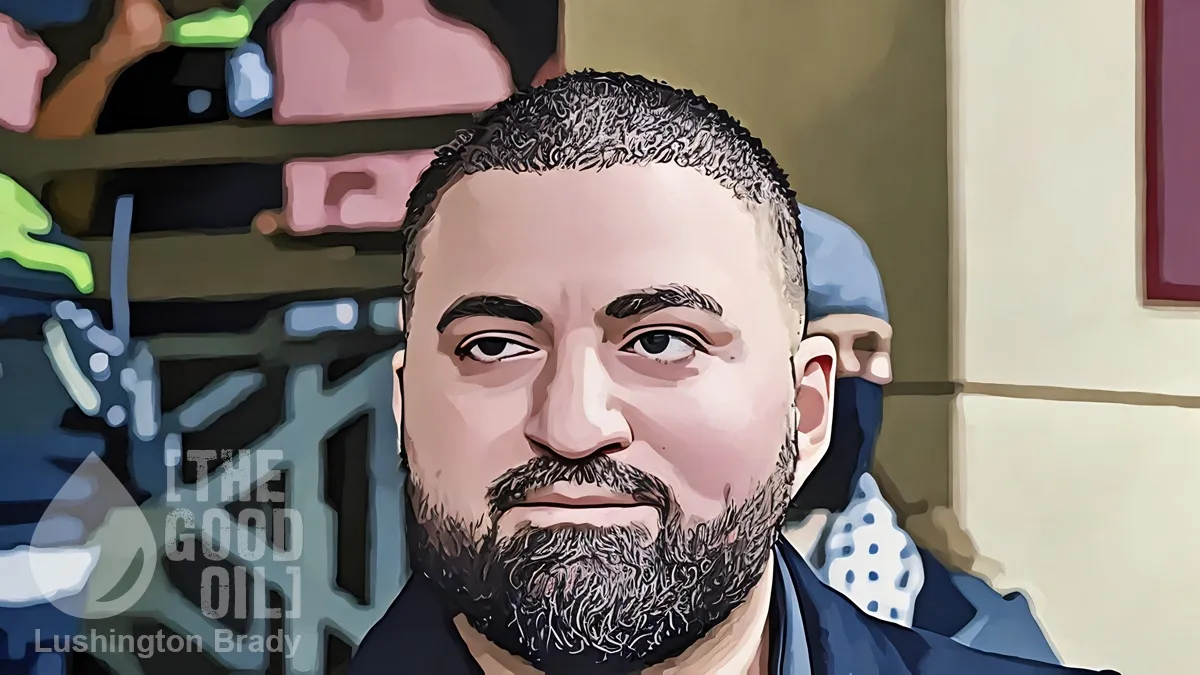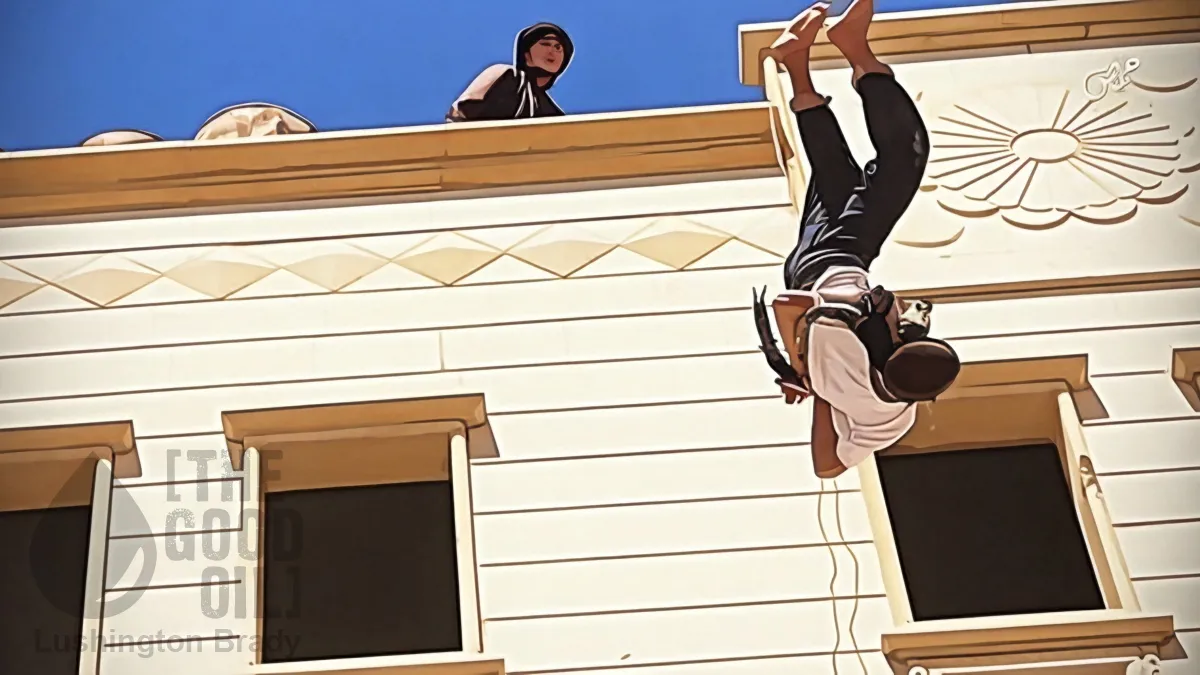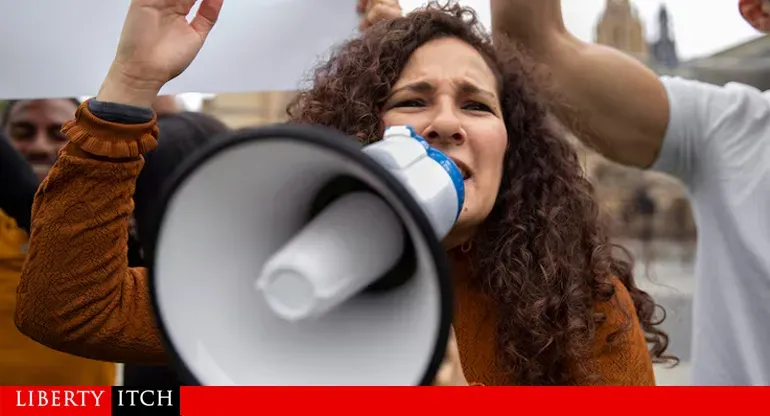Table of Contents
Michael Cook
Michael Cook is the editor of MercatorNet. He lives in Sydney, Australia.
Voluntary assisted dying in the Australian state of Victoria was legalised in 2017 and the first legal euthanasia took place on July 15, 2019.
The legislation had succeeded despite bitter opposition. Perhaps MPs believed assurances from the Andrews government that its proposal was the safest and most conservative assisted dying legislation in the world. It had not 10, not 20, not 40, but 68 safeguards.
Appendix 3 to a report from the Ministerial Advisory Panel on Assisted Dying lists them all, alongside comparisons with the American states of Oregon, Washington, Vermont, California and Colorado, Canada, the Netherlands and Belgium. The superiority of Victoria’s legislation was simply overwhelming. It ticked each and every one of the 68 safeguards.
Other jurisdictions were also-rans. Canada had only 27 of these safeguards; Oregon only had 31 of them.
Almost four years later, supporters are calling for some of the 68 safeguards in the legislation to be abolished.
In June Victoria is supposed to conduct a review of the legislation. It is unlikely to find that it should be stricter. An editorial in the state’s most influential newspaper, The Age, has complained that “there are many hurdles that have made access challenging.” (Translation: not enough people are dying.)
It recommends three measures in particular.
First, doctors should be allowed “to use electronic devices when communicating with those seeking to gain access to euthanasia”. This restriction was introduced by the Federal government to protect vulnerable people from being talked into suicide. But supporters of assisted dying say that phone calls or Zoom will make it easier for people in outlying regions to consult doctors.
Second, now that neighbouring states have all legalised euthanasia, the one-year residency requirement should be dropped.
And third, “At a state level, most other jurisdictions do not restrict medical practitioners from initiating conversations provided they give information about all options, including palliative care. That is a sensible change that should be adopted in Victoria.”
The editorial neglects to mention that such conversations may have led to the scandal of Canadian veterans being offered euthanasia as an appropriate option for their disabilities. As critics of Canada’s assisted dying law have pointed out: “no one should suggest to another person – especially someone living with a disability – that their life is not worth living.”
The editorial concludes:
“For all the fear and loathing that was generated when the euthanasia laws were going through parliament, they have proven to be remarkably uncontroversial in practice. These are good laws that, with some pragmatic and reasonable reforms, could be improved.”
There is a very good reason why the law has been uncontroversial. All of its beneficiaries are dead. The relatives who participated in a person’s request to end his or her life are unlikely to complain. Concerns about transgender medical treatment have been raised by “desisters”. There are no “assisted dying desisters”.
A couple of years ago, MercatorNet published a complaint by a relative about a death under the Victorian legislation. It didn’t take long for veiled hints about the possibility of a defamation lawsuit to arrive in the editor’s inbox. Perhaps that’s why there are no whistleblowers.
Back in 2020, there were already complaints that the law was too safe and not enough people were dying. “While safety is of course an important value, safeguards have access consequences,” two academics from the Centre for Health Equity at the University of Melbourne declared. “Aiming to maximize safety has negative implications for equal access.”
The notion of a slippery slope is often held up for ridicule. But its existence could not be clearer than in the state of Victoria. The 68 world-class safeguards are being eroded in broad daylight and The Age is cheering it on.









